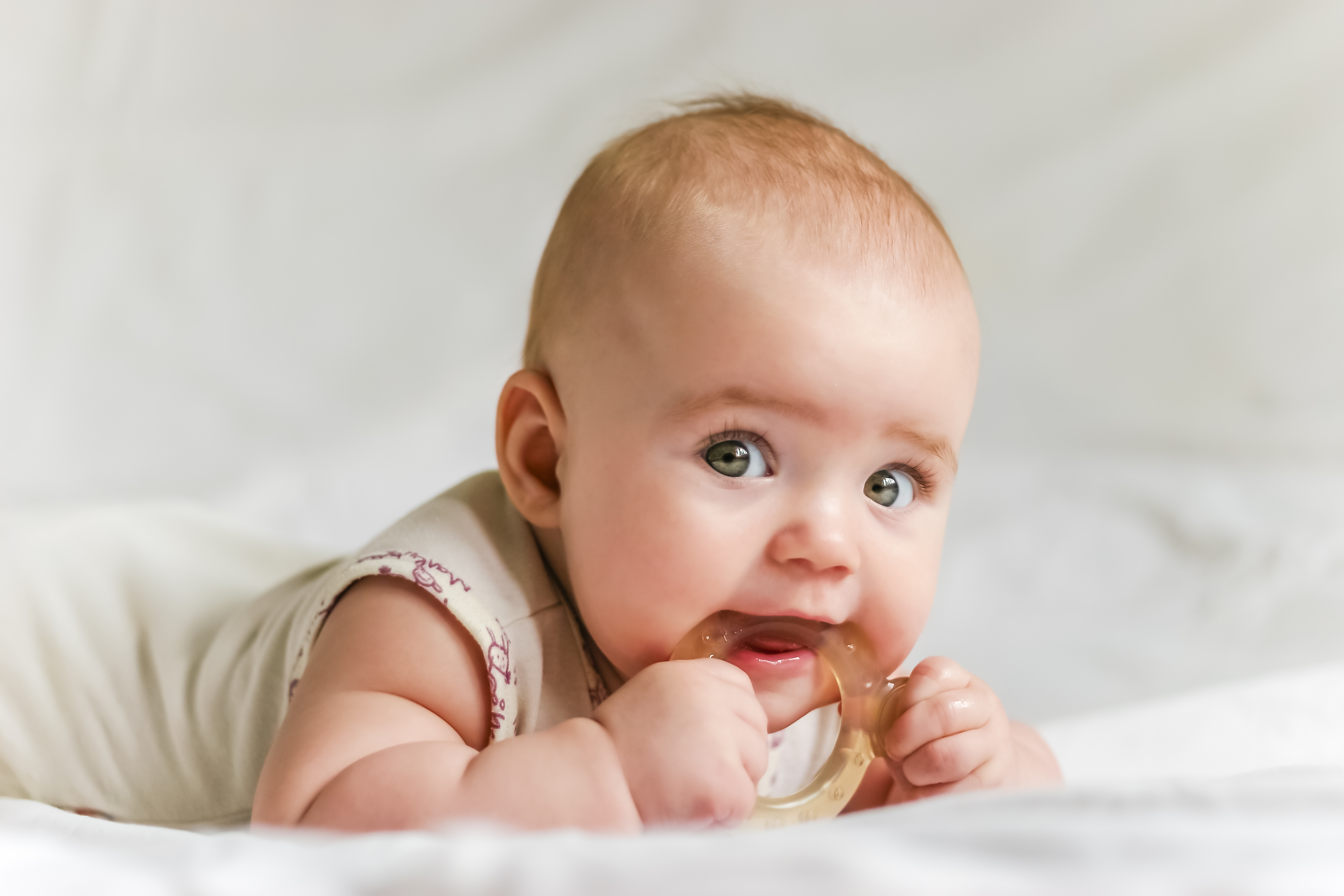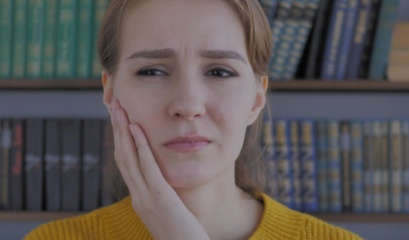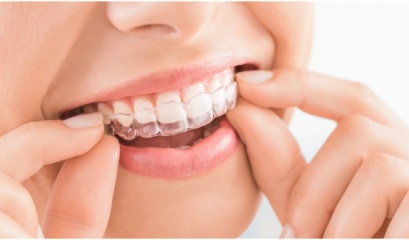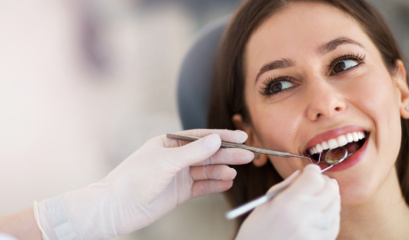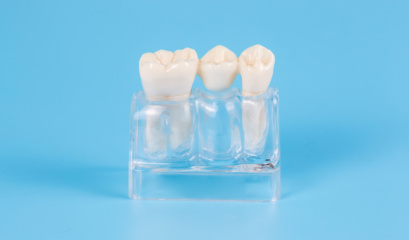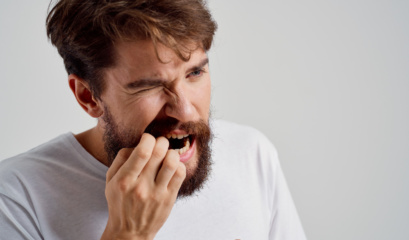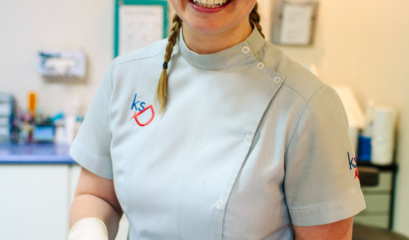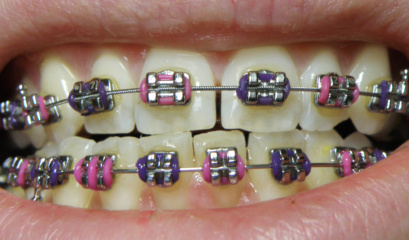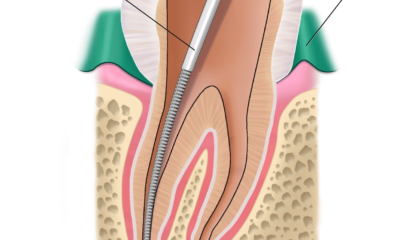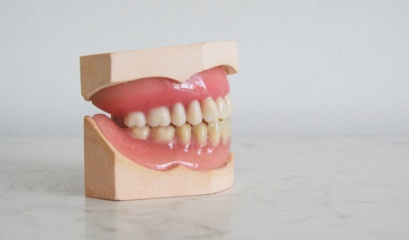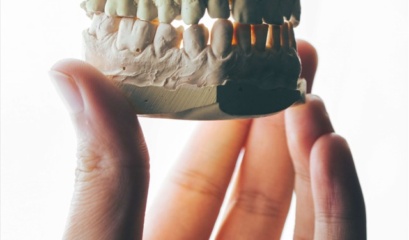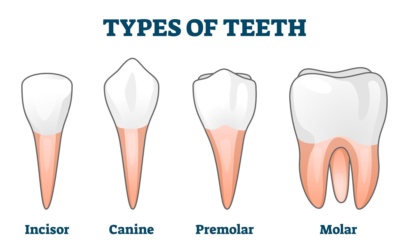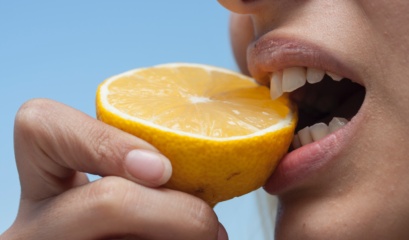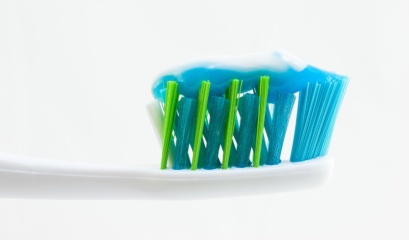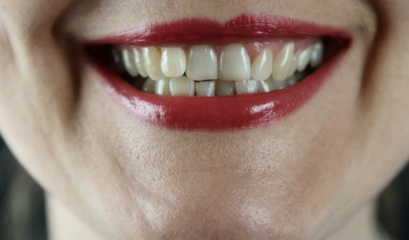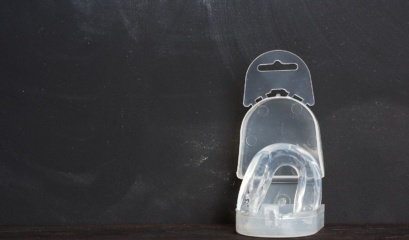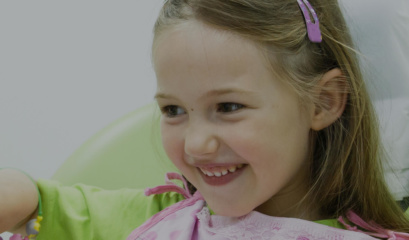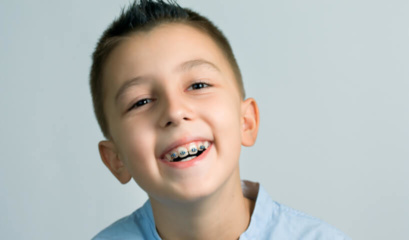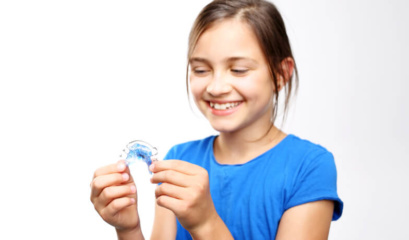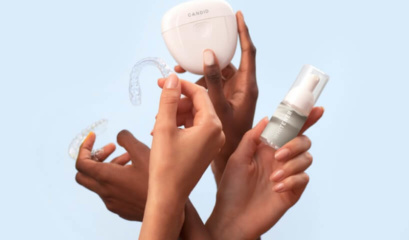The journey of growth and development for a baby is filled with many milestones, and teething is one of the most significant ones. But, you might ask, ‘When do babies start teething?’ The timing can vary among babies.
How Long Does Teething Last?
Teething is a natural process for babies that teeth begin to emerge through gums. This milestone, also known as primary teeth or milk teeth, typically starts around the age of 6 months, but it’s not uncommon for some babies to show signs of teething as early as 3 months or as late as 12 months. By the time they’re 3 years old, most children will have a full set of 20 primary teeth.
- 3-6 Months: The first teeth to appear are usually the two bottom front teeth, known as the lower central incisors.
- 8-12 Months: Following the bottom front teeth, the top front teeth (upper central incisors) usually make their appearance.
- 9-16 Months: Next, the teeth flanking the top and bottom incisors, known as the lateral incisors, come in.
- 13-19 Months: The first molars, which are back teeth used for grinding food, begin to emerge.
- 16-23 Months: The canine (cuspid) teeth situated next to the lateral incisors start to come through.
- 23-33 Months: The process is completed with the emergence of the second molars at the back of the mouth.
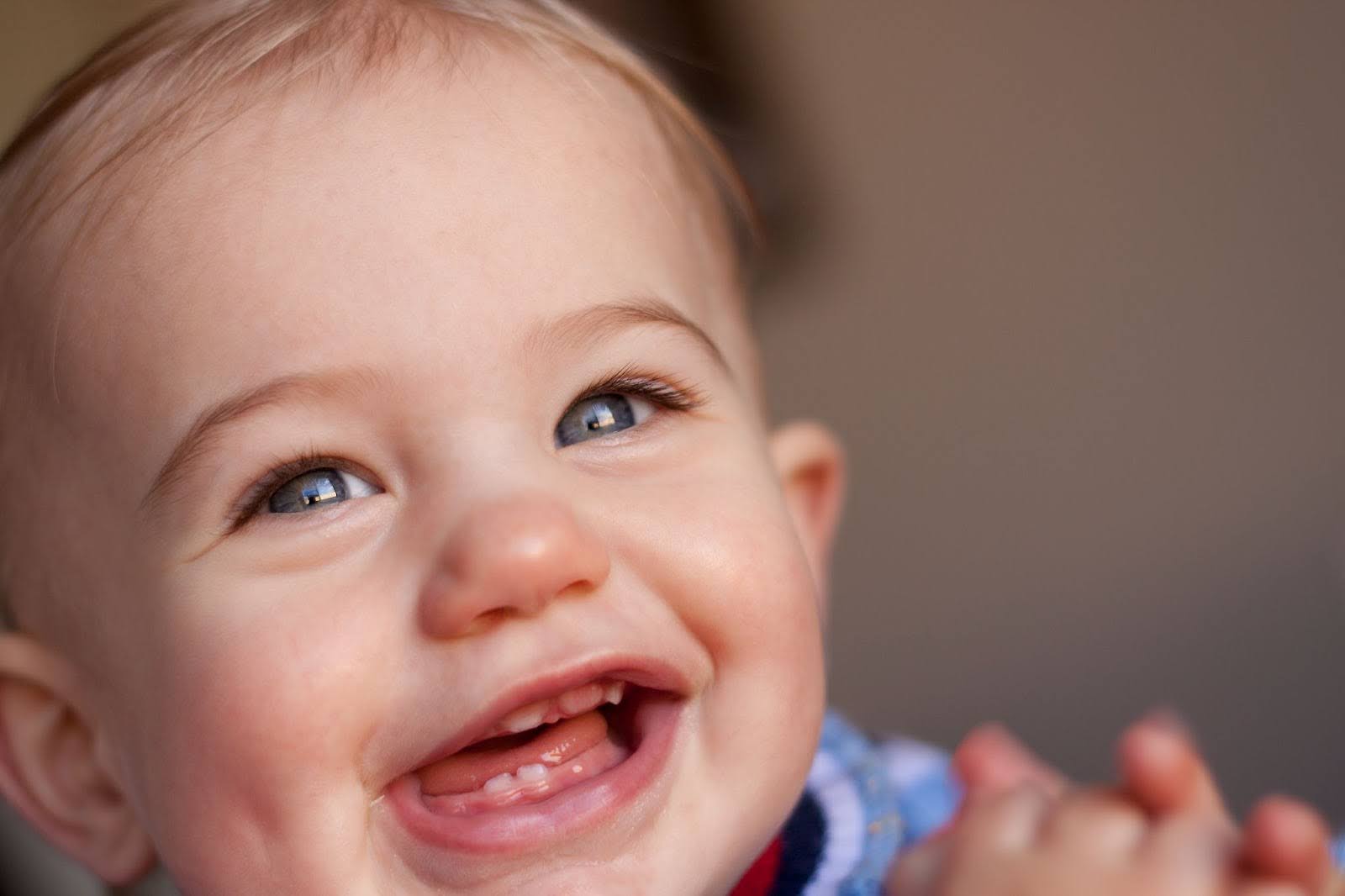
Signs and Symptoms: How to Tell If Your Infant Is Teething
Recognising the signs of teething is crucial for providing comfort to your little one during this potentially uncomfortable time. While each child may experience teething differently, there are common symptoms to watch for:
Drooling
One of the first signs of teething is an increase in drooling. You might notice your baby drooling more than usual, which can sometimes lead to a drool rash around the mouth, chin, and chest.
Chewing on Objects
The pressure of teeth pushing through the gums can cause discomfort, leading babies to chew on toys, fingers, or anything they can get their hands on to relieve the pressure.
Swollen, Tender Gums
Gently running a clean finger over your baby’s gums may help you feel the swollen, bulging area where a tooth is about to emerge.
Irritability and Discomfort
As teeth erupt, it can cause pain and discomfort, making your baby more fussy or irritable than usual.
Slight increase in temperature
Teething can cause a slight increase in temperature, however a fever over 38 °C is unlikely. This is one of the common myths amongst the parents.
Common Myths About Teething
Can Teething Cause Fever?
Teething can cause a slight increase in body temperature, however research and paediatric guidance states that it should not cause a high fever. If your baby has a fever above 38°C, it is likely due to reasons other than teething and needs further investigation.
Can Teething Cause Diarrhoea?
There is no scientific evidence to support that teething directly causes diarrhoea. However, the increased saliva production during teething can change the consistency of a baby’s stool, which might be mistaken for diarrhoea. Additionally, as babies tend to put everything in their mouths to soothe their gums, they’re more exposed to germs that can cause gastrointestinal upset.
Does Teething cause a significant loss of appetite?
While some babies may show less interest in feeding due to gum discomfort, a drastic loss of appetite is not typical. Offering cold foods or using a teething ring before meals can help alleviate gum soreness and encourage eating. If a baby refuses to eat consistently, it could be a sign of illness or discomfort beyond teething and should be evaluated by a healthcare provider.
Managing Teething Discomfort
For the mild discomfort associated with teething, there are several safe and effective strategies parents can practise:
Cold Compresses and Teething Rings
Chilled (not frozen) teething rings or clean, wet washcloths can be soothing on a baby’s gums. The cold helps reduce inflammation and numb the discomfort. Ensure these items are clean and safe for your baby to chew on.
Gum Massage
Gently massaging your baby’s gums with a clean finger can provide significant relief. The pressure can help counteract the pressure from the emerging tooth.
Avoid Teething Gels with Benzocaine
The FDA advises against using teething creams or gels with benzocaine in children younger than 2 years old due to potential side effects.
Keep a Clean Drool Bib
Excessive drooling can lead to skin irritation. Keeping a clean bib on your baby and gently wiping their chin throughout the day can help prevent rashes.
Caring for the First Teeth
- Toothbrushing: As soon as the first tooth appears, it’s time to introduce a baby toothbrush. Choose one with a small, soft head and a large handle that’s easy for you to hold.
- Make It Fun: Turn brushing into a game or sing a song to make it more appealing. Positive reinforcement and modelling good behaviour (like brushing your teeth together) can encourage them to take an active interest in their oral hygiene.
- Diet and Oral Health: Limit sugary snacks and drinks to protect your baby’s teeth from decay. Encourage water and milk over juice, and introduce a cup as soon as they can manage it to prevent prolonged bottle-feeding, which can contribute to tooth decay.
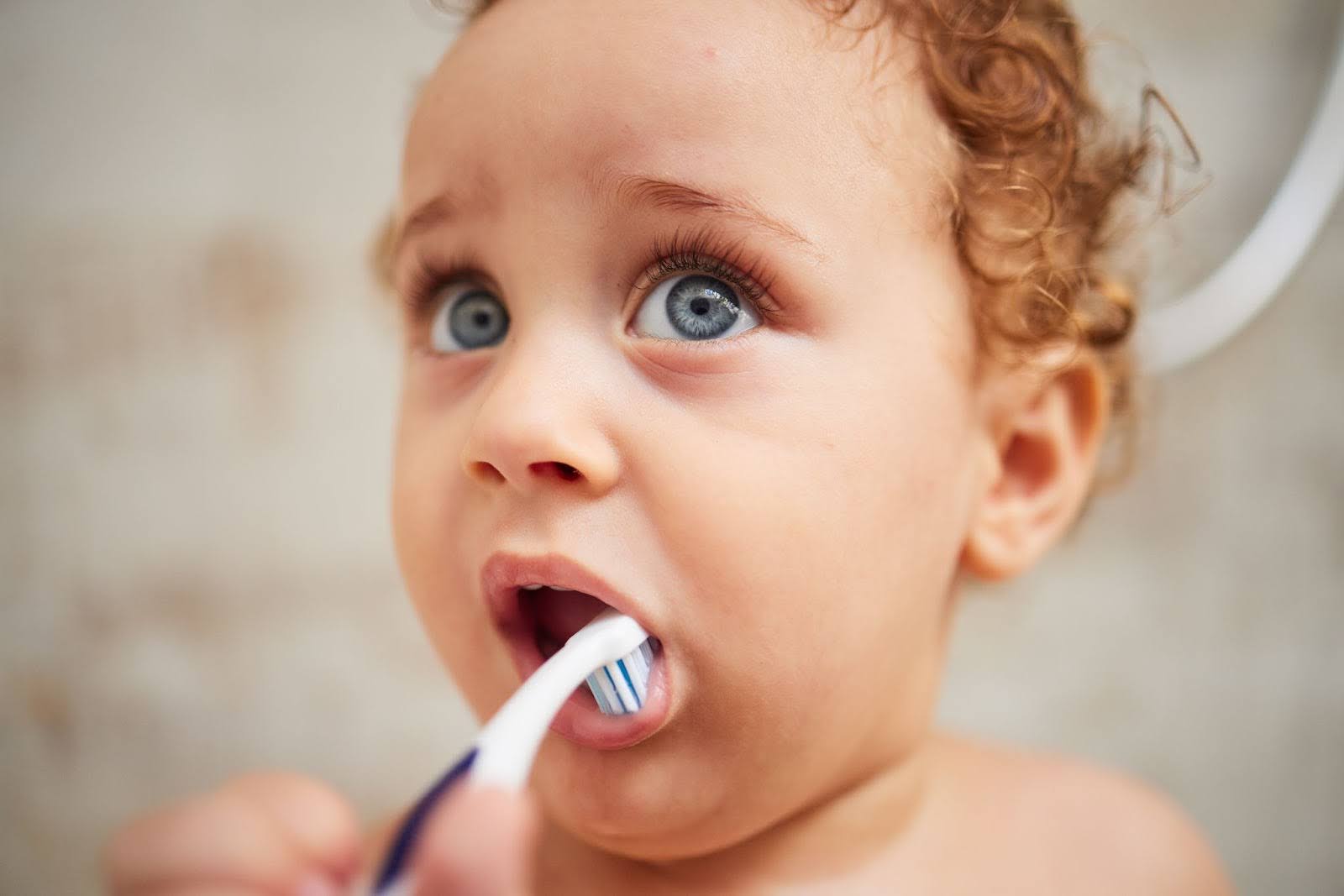
Scheduling Your First Dental Visit
The Queensland Government recommends that a child’s first dental visit should occur within six months after the first tooth appears but no later than the child’s first birthday.
At Knight Street Dentists, we’re committed to guiding you through every step of your oral health journey. Whether you’re teaching the little ones, perfecting your own routine or remember that every brush stroke counts towards a brighter, healthier smile. We encourage you to keep these guidelines in mind and never hesitate to reach out to us for personalised advice. If you have any concerns about your oral health, contact us for regular check-ups.

